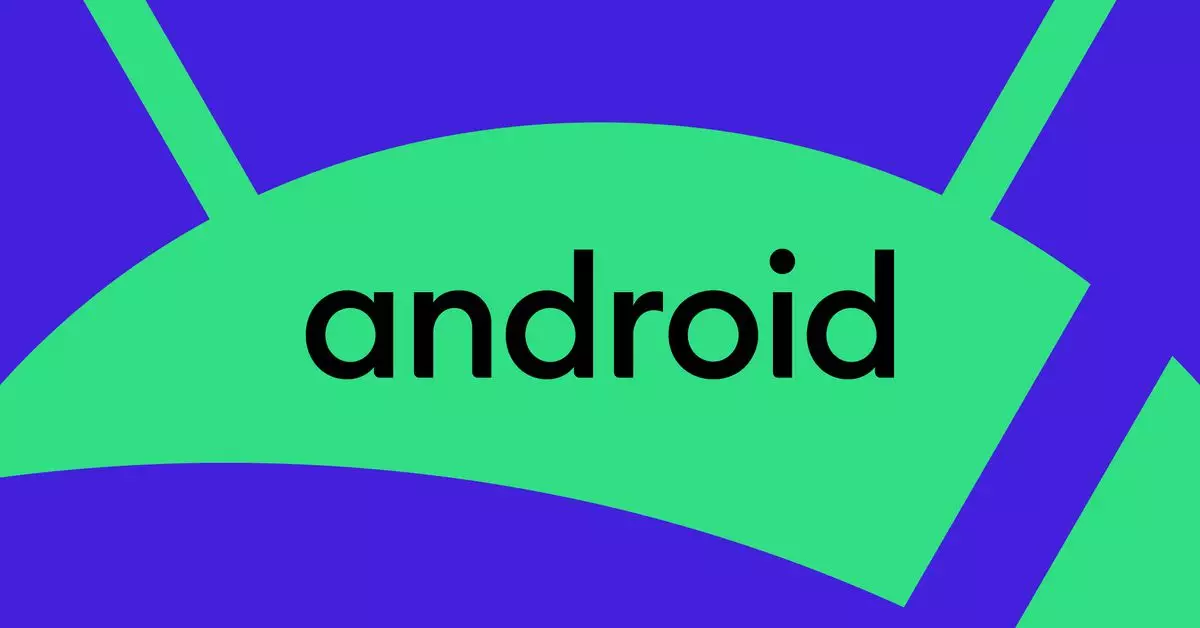In a significant move reflecting its commitment to enhancing user experience, Google has announced a notable change to its Android release schedule. Historically, major updates have rolled out in the fall, after extensive developer previews and public beta testing. This cycle has often left a gap where third-party manufacturers lag in providing users with the most current features. For the upcoming Android 16, Google aims to switch things up by targeting a release in the second quarter of 2025 instead of the usual third quarter. This alteration not only takes into account the rhythm of device launches across Google’s ecosystem but also promises to expedite access to new features for a broader range of devices.
One of the primary motives behind this revised schedule is to improve device accessibility to the latest Android capabilities. Google’s intention is to ensure that not only Pixel users, but all Android users, can enjoy new updates promptly. The persistent delays faced by third-party devices in receiving major OS updates have often been a source of frustration among users. By synchronizing major updates with new device launches, Google hopes to provide a seamless transition for users purchasing new devices. This strategy underscores a user-centric approach to software development, an ethos that many tech companies strive to embody but often fall short of achieving.
Enhancing the Play Store Experience
In addition to the schedule change, Google is also focusing on enhancing user experience within the Play Store. New features aimed at improving app recommendations demonstrate Google’s efforts to further personalize user interactions. The ability for users to share preferences for app recommendations—similar to existing options for games—might significantly influence app discoverability and enhance user satisfaction. This type of thoughtful innovation not only reflects an understanding of user needs but also fosters a more vibrant app ecosystem.
Furthermore, Google continues to push the envelope on the development side by integrating Gemini AI tools into Android Studio. These enhancements will empower developers to streamline their coding processes by automating tasks like writing, refactoring, and documenting code. The implications for app quality and developer efficiency are substantial, as this shift not only simplifies development but potentially accelerates the delivery of innovative apps to consumers.
Tackling Long-Standing Challenges
This new update approach addresses a challenge that has been prevalent in the Android ecosystem for years—the fragmentation of updates across different manufacturers. As Google expresses a commitment to aligning releases more closely with hardware launches, it opens the door for manufacturers to release their latest devices with up-to-date software capabilities right out of the box. This could lead to a more uniform experience across various Android devices, enhancing overall user satisfaction and reducing frustration associated with delayed updates.
Google’s shift to a Q2 release schedule for Android updates, coupled with enhancements to the Play Store and development tools, marks a proactive step towards building a more integrated and user-friendly ecosystem. As the tech landscape continues to develop, these innovations may finally bridge the gaps that have historically plagued Android users.

